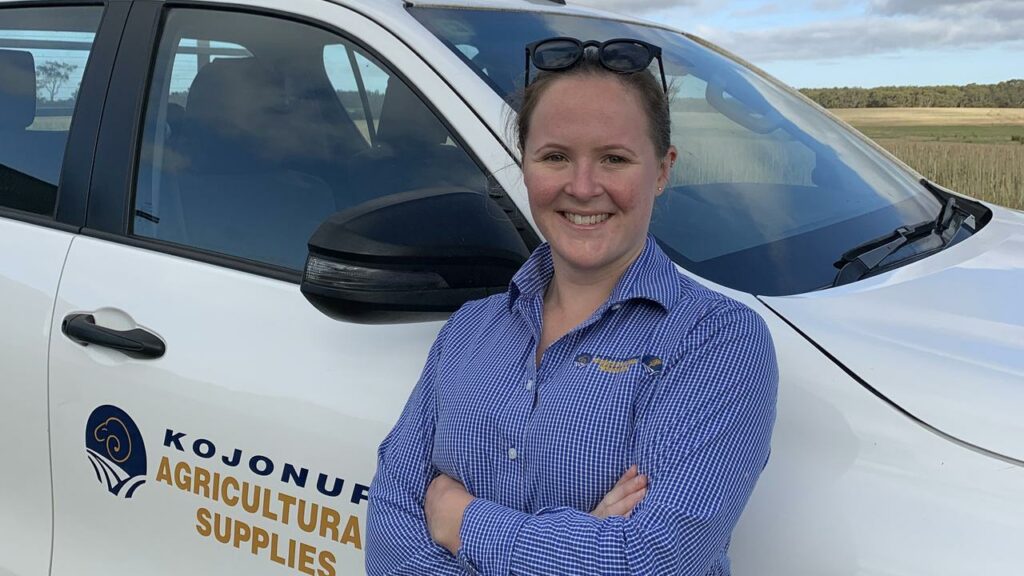Hopes city kids will set sights on farming
Liv Casben |

Born and raised in the city with no farming experience, Holly Chandler’s love for the environment and biology drew her towards a degree in agriculture.
“I was wanting to make some sort of change and be able to follow my passions,” she says.
“Despite not knowing anything about the ag industry, I kind of took a leap of faith and started my degree.”
The 23-year-old is one of the thousands of city kids needed to fill workforce gaps in farming.
An Australian Farm Institute report has found there are more than 5000 entry level positions available in agriculture but less than 900 students to fill them.
Jim Pratley from Charles Sturt University led the research and says more needs to be done to encourage students like Ms Chandler into the sector.
“We’re falling down big time in terms of engaging school kids in terms of understanding the job market,” he says.
Professor Pratley says part of the problem is that careers advisors are turning students away based on data suggesting a shortage of jobs.
The figures combine agriculture and the environment.
“Separately agriculture has full employment and environment has 35 per cent unemployment,” he says.
“Put them together and it comes out at 30 per cent unemployment.”
With the number of people studying agriculture at university well below what is needed, the push is on to get city students interested.
Barker College in Sydney is trying to engage students early in their schooling.
Agriculture classes at the north shore school have grown from four to 23 in the past 10 years.
The school’s head of agriculture, Scott Graham, received the prime minister’s prize for science in 2021 for his work getting more students engaged.
Jenna Wright is one former student now studying agriculture at the University of Sydney.
It was during her time at Barker College that her passion for agriculture was ignited.
The 22-year-old is now in her third year of an agricultural and science degree.
Ms Wright says despite not having connections other country kids might have, the opportunities are endless.
“There are so many different pathways you can take with it,” she says.
An agricultural scholarship is helping to pave the way for Ms Wright, who recently finished a work placement harvesting research crops.
A research paper published earlier this year highlights the lack of understanding about agriculture among Australian students.
With more than 5000 Australian primary and secondary students interviewed, it was the largest ever survey of its kind.
Amy Cosby from Central Queensland University led the study.
“What this study shows is that there is still that really strong perception that to work in agriculture you need to be a farmer,” Dr Cosby says.
As an educator and farmer, she knows first-hand the need to change perceptions.
“I want to make sure that young people understand all the careers that are available to them,” she tells AAP.
“We need to have a lot more support for agricultural programs and also ag teachers and people training ag teachers as well.”
Dr Cosby also leads a project exposing students to the industry through farm visits and other activities.
More than 1100 pupils from 28 schools took part in the program this year.
“We know from the research that young people develop their idea about a career very early on,” she says.
“It’s too late to get school students when they’re in year 11 and 12 to convince them to have a career in ag. The earlier that you expose them to agriculture, the better chance we have.”
AAP